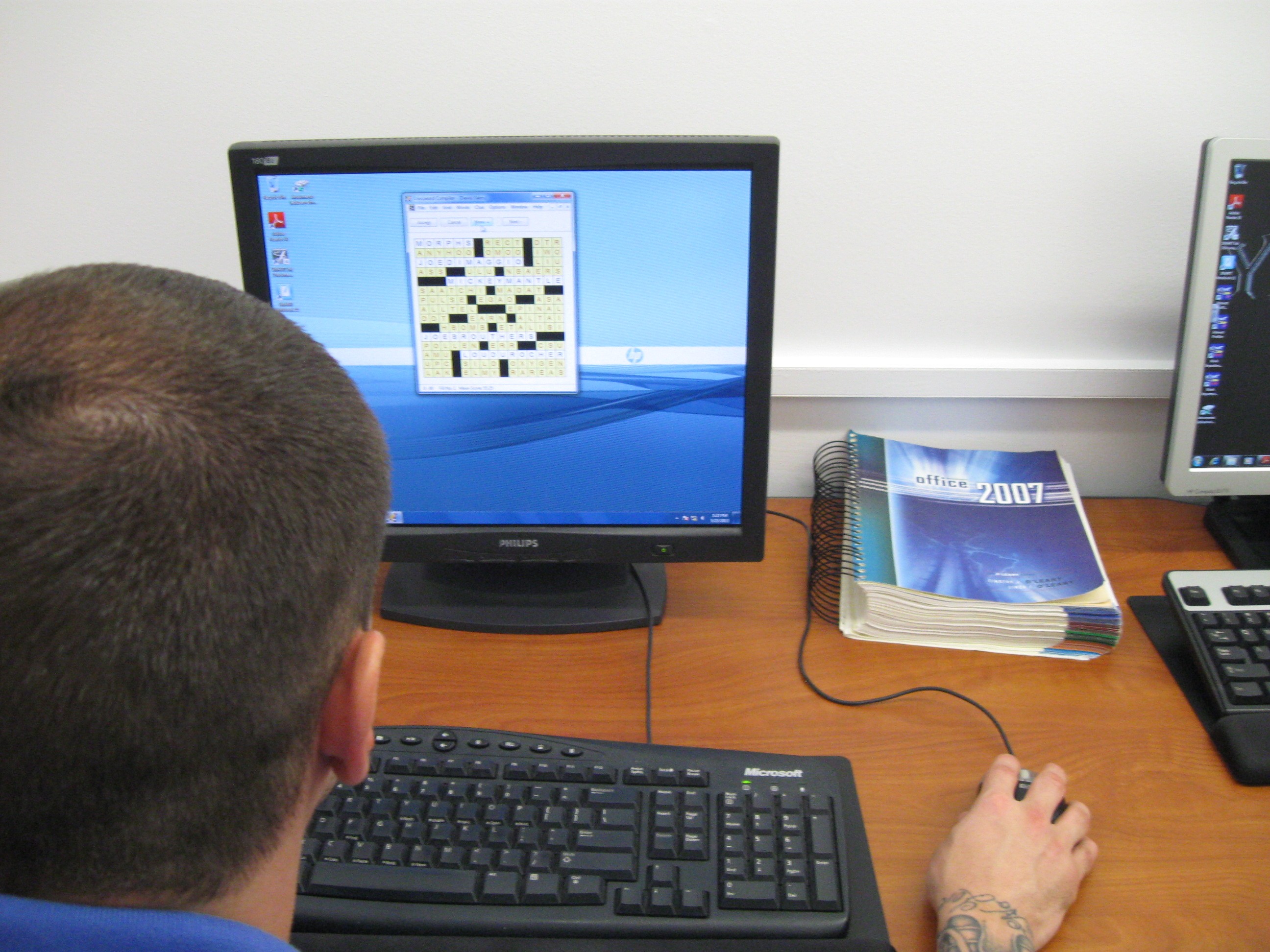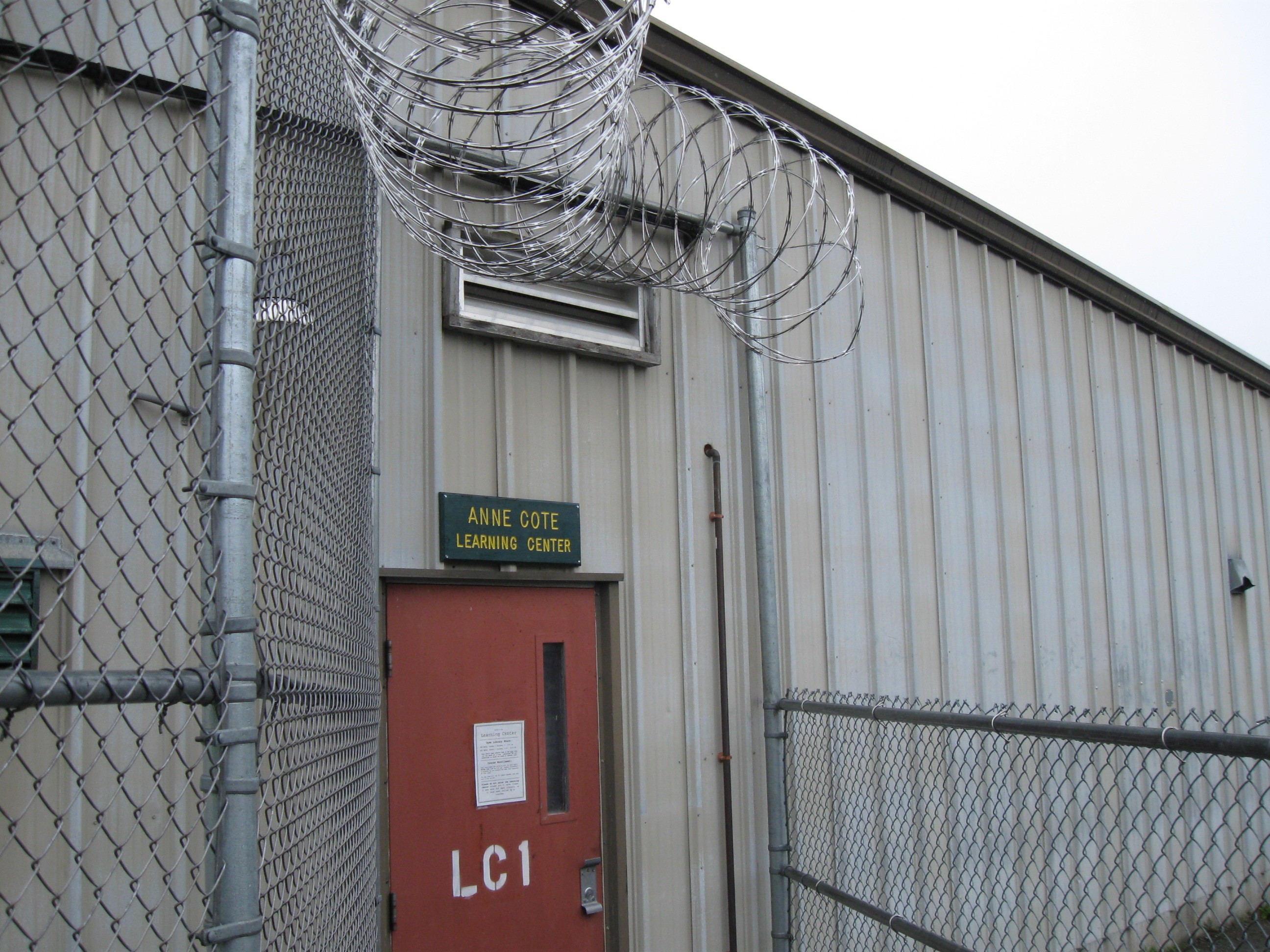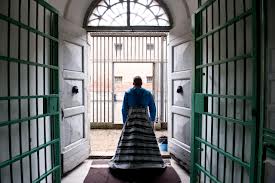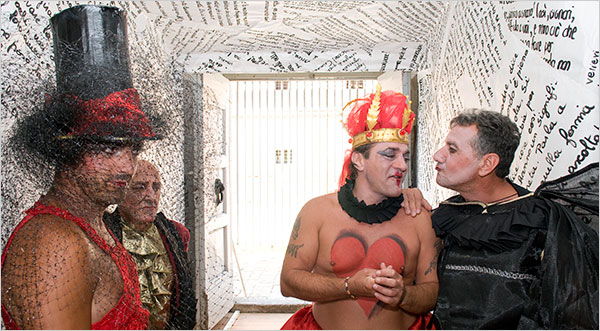I’ll be honest. I went in very skeptical of this series, Orange is the New Black, which is only on Netflix. Although I loved Weeds in the beginning of its run, I thought the show dragged and moved into absurdity in its last years. Jenji Kohan, whose quirky touch magnified the drug scene on the west coast with an unlikely drug dealer made famous by Mary Louis Parker, has a similar “who knew what hit me” heroine in the form of Piper Chapman, the Waspy naive New Yorker who managed to get caught her one time as drug mule.
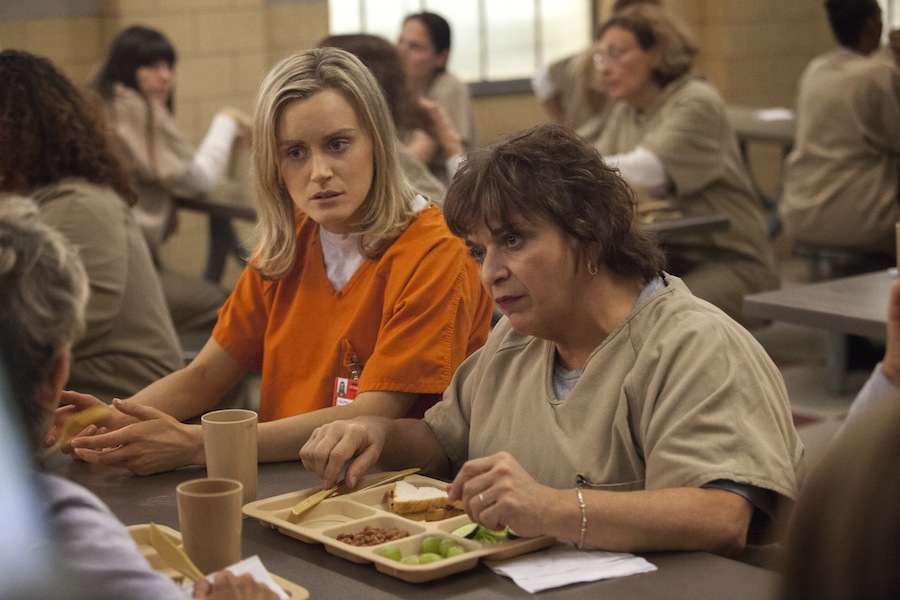
But to its credit, the so-called “dramedy,” while it moves slowly and is lacking in depth, does have some moments about prison life that in the first two episodes I’ve watched, touched me.
Full disclosure, I also thought I might be a little jealous: my book Shakespeare Behind Bars was optioned one year for a movie and then 9/11 happened so creating theatre behind bars never got made into the full blown movie we hoped it would have become; and then, who knew–another year, it was optioned by Charlize Theron for a TV series. But her company broke up so again no go. However, I got free money and learned as Ernest Hemingway said, not to try and retain any control of books when someone wants to make them into movies: “Drive to Nevada, throw the book over the border and drive away.” So it was natural that I was suspicious and imagine that the real life Piper has many mixed feelings watching her life magnified and in some ways, twisted by film.
But here’s what I like:
1) That the prison dramedy captures the sense of community of women behind bars at poignant moments. And that it breaks any notion of soft and cuddly pretty quickly.
2) That it is possible to go to Federal Prison on a single insane crime– being a drug mule. This is something not often treated in a series like this and certainly not often about a woman. The fact that her crime landed her in prison for a year and a half is obviously a waste of taxpayer’s money like it is for so many unknowing people who make stupid decisions. This is further underscored by the fact that the real life Piper Kerman who wrote the memoir on which the series is based went to Smith College.
3) That we get to know characters through flashbacks about their lives while the drama continues inside the prison.
4) That there’s the kind of totally true non-sequitur that happens to people when they first get to prison: Chapman begs her fiance‘ to not watch Madmen without her and hopes they’ll binge on it when she gets out of prison.
5) That there are some interesting characters; that the issue of Chapman’s having a lesbian lover before the fiance’ and before prison is actually handled with some of the best humor.
6) The truth of finding your way inside prison always involves some risk.
What I don’t like:
1) The pacing. Slow. Tedious.
2) Piper’s naivite to contrast with women in prison who are “rough cons” is a little too much
3) Sex in the shower scenes — come on. please. big deal.
4) The female brute guard is exaggerated even beyond the other exaggerations
I have to agree with The New York Times here and this is a GOOD thing: “It’s a showcase for a large group of black and Latino actresses who for the most part have not had regular roles in series before this, including Dascha Polanco, as a quiet inmate who is drawn to a guard, and Uzo Aduba, who is scary and hilarious as Crazy Eyes.”
Overall, however, I will watch all 13 episodes of the Netflix series just to see what someone does with a series about women behind bars. Here’s the cast with fictional names in parentheses:
Taylor Schilling (Piper Chapman),
Jason Biggs (Larry Bloom)
Laura Prepon (Alex Vause)
Kate Mulgrew (Galina Reznikov)
Danielle Brooks (Tasha Jefferson)
Pablo Schreiber (Pornstache Mendez)
Natasha Lyonne (Nicky Nichols)
Uzo Aduba (Crazy Eyes)
Taryn Manning (Pennsatucky)
Laverne Cox (Sophia Burset)
Yael Stone (Lorna Morello)
Samira Wiley (Poussey)
Dascha Polanco (Dayanara Diaz)
Matt McGorry (John Bennett)
Elizabeth Rodriguez (Aleida Diaz)
Lea DeLaria (Big Boo)
Selenis Leyva (Gloria Mendoza).


